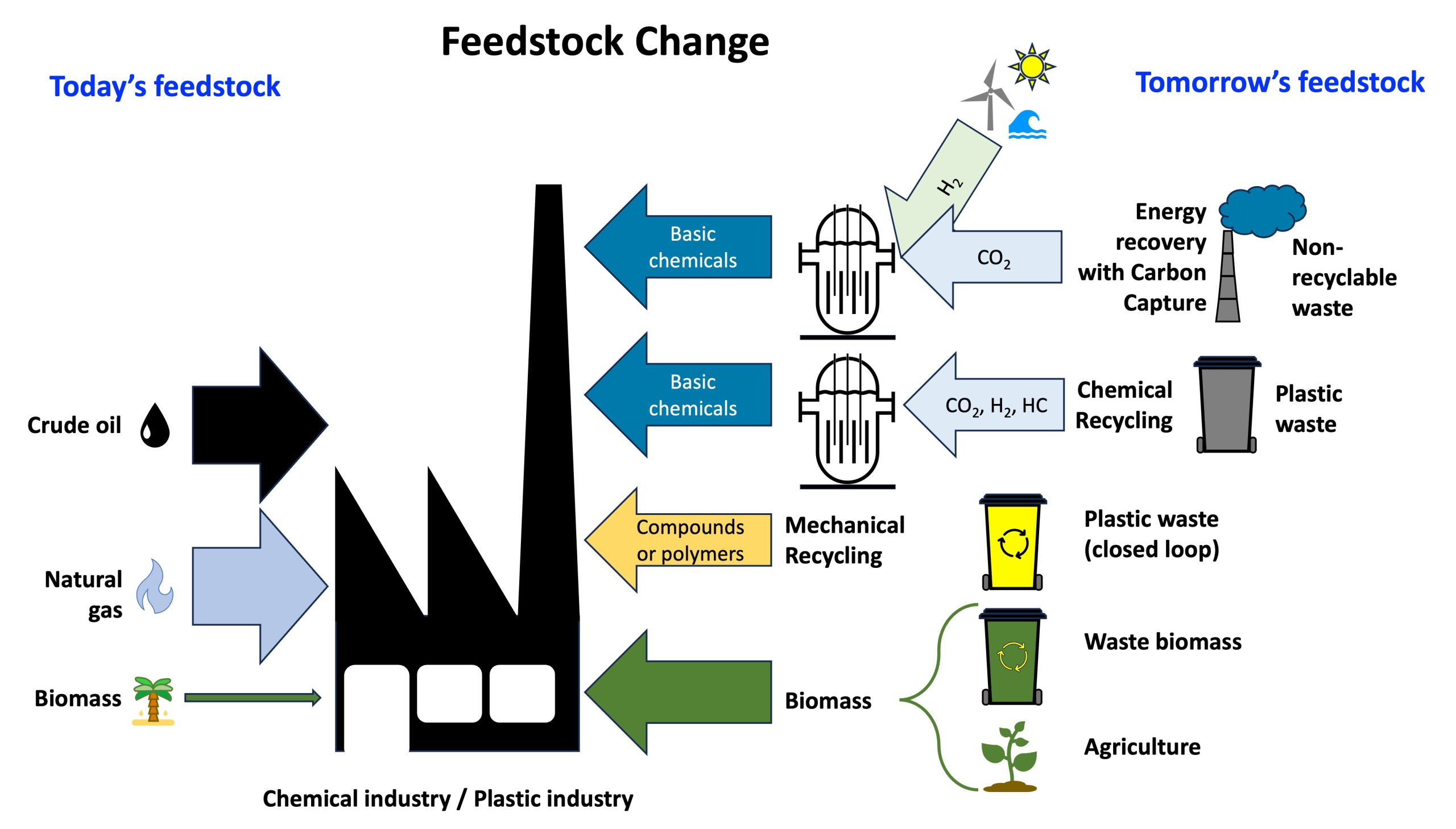May 16, 2025
The contribution by Dr.-Ing. Alexander Gosten, Prof. Dr.-Ing. Robert Holländer, Dr. Beate Kummer, Prof. Dr. habil. Uwe Lahl, Prof. Dr.-Ing. Peter Quicker, Dr. Dirk Reichert and Dr. Barbara Zeschmar-Lahl on the topic “Europe after 2030 – The development of waste management into an industrial location factor” was published in the journal Müll und Abfall 5, 2025 (in German, Abstract in English).
„After almost 40 years of amendments to the existing Waste Management and Circular Economy Act, it is time to reprioritise legislation in the coming German and European legislative periods in order to combine the aspects of resources, climate neutrality, environmental impact and Europe as a business location.
The development or transformation of waste managementcan make an important contribution to maintaining Europe as an industrial location.
To achieve this, the existing legal framework, which begins with the last user’s ‚will to dispose‘ of a product, must be changed. The structures, terminology and objectives of the relevant laws must be redefined and adjusted.
To this end, ten priority fields of action with concrete implementation proposals and regulatory recommendations for political and social decision-makers are presented. It not only explains why the carbon cycle is a leading factor for the further development of waste management and Europe as a business location, but also which regulatory levers should be activated.“
Below you will find a link to the order form at Erich Schmidt Verlag. The DGAW position paper based on this publication – EU nach 2030 (in German) – can be downloaded from the DGAW website.

The ten priorities
- Waste prevention must start with production
- End the landfilling of recyclable carbon
- Ensure a climate-neutral supply of raw materials
- Defossilization through substitution of carbon
- Equivalence of recycling technologies
- No ‘toxic’ plastic recycling
- Transparency of formulations
- Plastic products that are released into the environment as intended must also be fully biodegradable
- Individualize extended product responsibility systems
- Reduce bureaucracy
